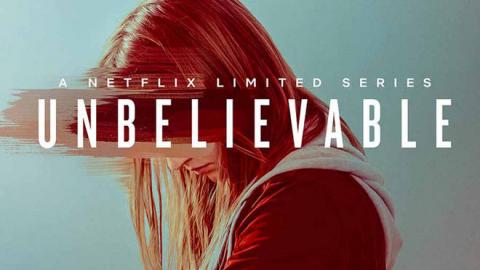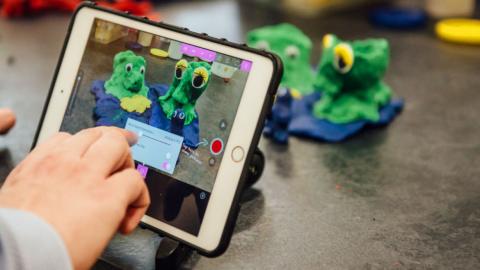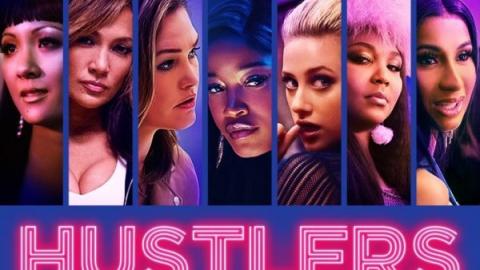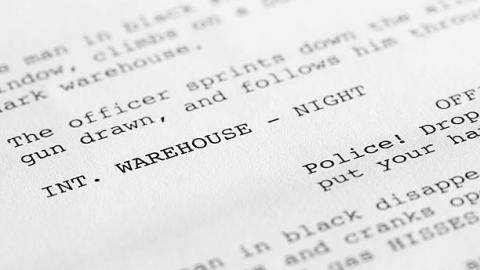She-Hulk, Iron Woman, Captain Marvel - Why Audiences Deserve More than Female Replicas of Male Superheroes
Share with friends
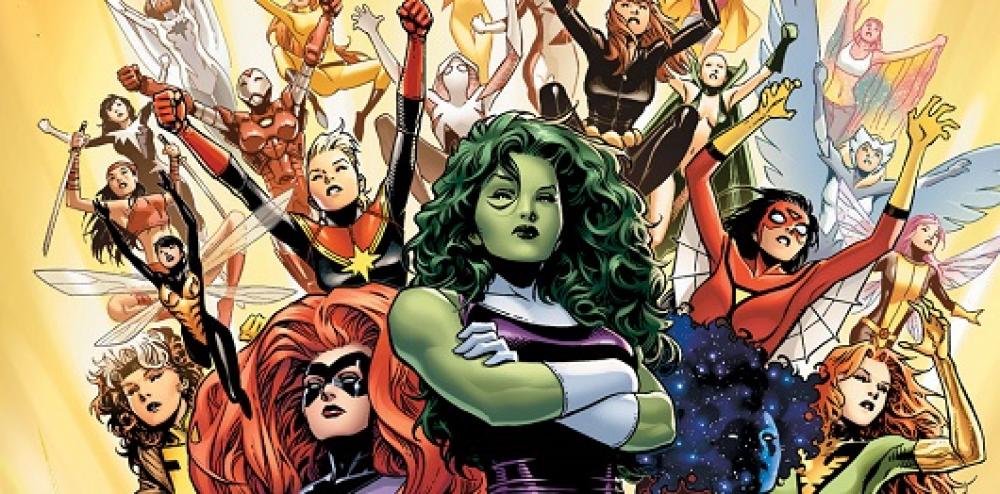
What the coming influx of female superheroes means for Hollywood and feminism.
She-Hulk, Dazzler, Medusa, Iron Woman - just some of the characters making up the all female A-Force, Marvel Comics’ latest attempt to stay relevant. Besides being P.C., what exactly is this A-Force? Is it any more than The Avengers repackaged in female form? Characters like She-Hulk and Iron Woman are for all intents and purposes the female versions of the original male superheroes, albeit with different backstories.
Numbers show a rise in female comic book readers, and it remains to be seen whether Marvel's new storyline is geared more towards making money or making a social impact. The answer to that will likely hinge on whether or not blockbusters can be made out of them.
Marvel Studios started out like their favorite unlikely heroes Peter Parker and Chris Rodgers. It was small and ambitious, but struggling to be an entity in an industry dominated by a few key players. Disney took an interest and bought them, ironically, in an attempt to expand its female-leaning audience to young boys. This major alliance, coupled with partnerships with other major studios like Sony Pictures, has made Marvel a force to be reckoned with. However, unlike Spider-Man, who has been treated to three reboots in the span of 15 years (the latest will come out in 2017), their last female superhero feature was Elektra in 2005. Even though Spider-Man 3 with Tobey Maguire was a box-office failure, it was still given another life, and then another. With female superheroes, it’s one strike and you’re out.
This isn't an opinion, it's a fact. MoviePilot writer William Avitt describes, in his article “Why Female Led Superheroes Fail” why Joss Whedon's Wonder Woman was never released. Joss Whedon was attached to a Wonder Woman script at Warner Bros., but the film was scrapped due to what Avitt speculates were the poor performances of Catwoman and Elektra at the box office. Joss Whedon has a talent for writing female characters. He had two major successes with Buffy the Vampire Slayer and Charmed. Despite this, he was not given the chance to make Wonder Woman due to the failure of the two prior female-led blockbusters.
Now, however, twelve years after Elektra, we are finally getting another female superhero film. In an attempt to rival Marvel, Warner Bros. is planning to release a Wonder Woman film in 2017. Marvel has responded by announcing the release of Captain Marvel (about a female superhero associated with the A-Force) in 2018. Thus the race is on to appeal to the "nerd female" moviegoing audience.
Will the trend send ripples through other major studios? According to Variety.com, “female characters accounted for only 15% of protagonists in the 100 highest-grossing domestic films of 2013.” The behind-the-scenes justification for this, we assume, is that films with female leads don’t tend to make as much money as male driven films. However, with the recent success of Scarlett Johansson's Lucy, the tides could very well be shifting. All the industry needs is a little push in the right direction, and DC and Marvel are likely to be that push.
But do the hero characters themselves do justice to the movement? Wonder Woman is a clearly defined female character. There has not been a Wonder Man (at least not by DC), nor is Wonder Woman’s identity specifically tied to a man. On the other hand, Captain Marvel (or Ms. Marvel) started off as a love interest to the male Captain Marvel, before eventually acquiring powers of her own. This is an issue for Marvel. Iron Woman is an empty attempt at a female superhero, no more than the female version of Iron Man. Her character, though different, will always be a second rate Iron Man. The leader of the A-Force, She-Hulk, is a similar replica.
Don't get me wrong, any contribution to feminism is good. But, frankly, the young girls looking up to these heroes deserve better. They deserve more than old ideas repackaged in female form. They deserve female characters that are inherently female. In this way Marvel's attempts fall short, while Wonder Woman triumphs. Whether it will triumph at the box office is another matter.
Although two major Hollywood studios are investing hundreds of millions in two female superhero films, it’s still going to take a lot more than that to change an industry dominated by men. There needs to be proof that these films are successful, and by proof, I mean money. The films will be held to a much higher standard than male heroes like Superman, whose first two films tanked at the box office. It’s not going to be enough for Wonder Woman to just make back its production costs. We need a massive, breakout hit.
Of course you cannot ensure a hit, but, in my humble opinion, the way to make a female superhero appealing is to write her as a human being, not an over-sexualized badass, and certainly not a replica of a male character. The signing of female director, Michelle Maclaren, to direct Wonder Woman is already a step in the right direction. One danger, however, is that Wonder Woman is being introduced in Batman v. Superman: Dawn of Justice, where she hopefully will not be defined by her relationship to either of the two men.
Even if Wonder Woman fails to make it’s money back, Captain Marvel will be a second chance. Yes they can save the day, but will they be strong enough to fight through a century of gender discrimination at the movies?

